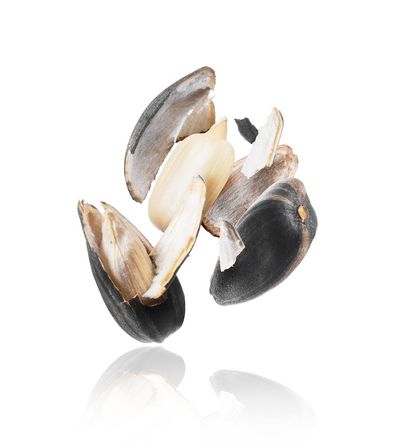What to Do with Sunflower Hulls
Though extremely popular, it is likely that sunflowers have uses beyond what most of its growers may have imagined. Both the seeds and sunflower seed hulls have changed the way that many think about sustainability. Sunflower hulls, especially, are being used in new and exciting ways. Sunflower producing regions have long used discarded sunflower hulls in applications ranging from an alternative fuel to wood replacements. While many of these uses are not easily replicated in the home garden, sunflower growers may be left to wonder what to do with sunflower hulls left in their own gardens.
Are Sunflower Seed Hulls Allelopathic?
Sunflowers are very unique in that they demonstrate allelopathy. Some plants, in order to gain advantage over others, contain chemical compounds that inhibit the growth and germination of other nearby plants and seedlings. These toxins are present in all parts of the sunflower, including the roots, leaves, and, yes, even the seed hulls. Plants in close proximity to these chemicals may have great difficulty growing, depending upon the type of plant. It is for this reason that many homeowners may notice bare spaces below bird feeders where plants fail to grow.
Can You Compost Sunflower Seeds?
Though most gardeners are very familiar with guidelines related to home composting, there are always some exceptions. Unfortunately, very little research has been done regarding whether or not sunflower hulls in compost will negatively impact the finished compost that is produced. While some suggest the composting sunflower hulls is not a good idea, others claim that the addition of sunflower hulls to the compost will not cause issue when done in moderation. Instead of composting sunflower hulls, many master gardeners suggest their use as an all-natural weed suppressing mulch which can be used in already established flower gardens, as well as in garden paths and walkways.
